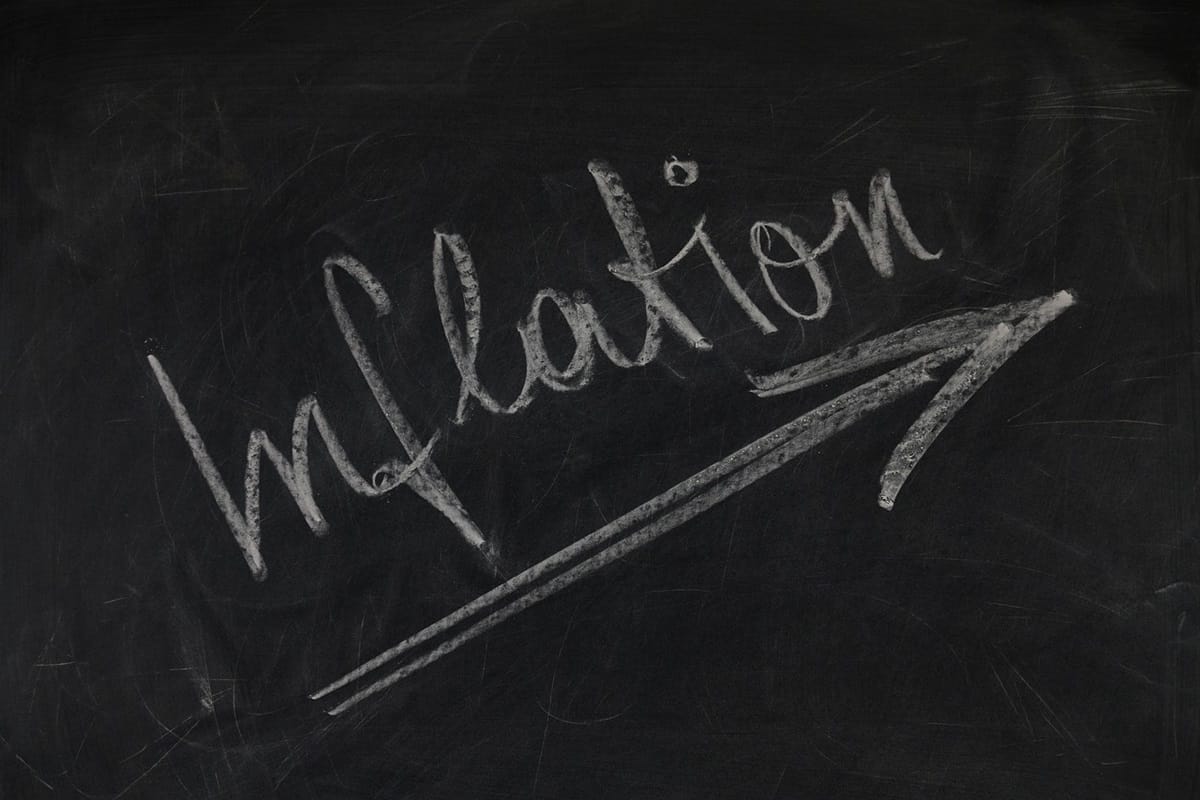Thomas Barkin, President of the Federal Reserve Bank of Richmond, said that the process of combating inflation is currently underway in the United States.

Mr. Barkin also noted that the US economy is likely to remain resilient as long as unemployment is low and asset valuations are fixed at a high level.
In his speech prepared for the conference of the Center for Global Interdependence in Paris, the President of the Richmond Fed underlined that the economic system of the United States, especially its consumer sector, has demonstrated significant sustainability in the space of the impact of realities such as rising interest rates. In this context, he also noted that most forecasts provided for a poorer condition of the mentioned system compared to its configuration which was eventually observed against the background of tightening the monetary policy strategy of the US financial regulator. Thomas Barkin assumes that the United States economy will remain within the current quality of its existence as long as unemployment in the country is low and valuations are fixed at a high level.
The President of the Richmond Fed is a member of the Federal Open Market Committee. He is a member of the mentioned committee with the right to vote. The Federal Open Market Committee decided in June to keep interest rates within the previous range of 5.25% to 5.5%. This indicator of the cost of borrowing in the United States is the highest in more than two decades.
The president of the Richmond Fed says that the lagged effects of interest rate hikes continue to manifest themselves. Also in this context, he stated that tightening monetary policy will eventually slow down the dynamic of the growth of the economy.
Thomas Barkin says he is open to the idea that the longer run rate that keeps supply and demand in balance has shifted up somewhat and that policy may not be as restrictive as perceived. This position of the President of the Richmond Fed was formed against the background, according to him, of the remarkable strength that is currently being observed in the space of the economic system of the United States.
Thomas Barkin also noted that the US labor market has historically coped well with high interest rates. In this context, he stated that the unemployment rate in the United States, which is currently at around 4%, remains low.
It is worth noting that recently some representatives of the Fed have expressed concern about the prospects for the further dynamic of the US labor market. The corresponding point of view contains assumptions about the possible risks of starting the movement of the unemployment rate along an upward trajectory. For example, San Francisco Fed President Mary Daly expressed concern that the United States labor market is approaching the so-called inflection point, after crossing which the employment situation may begin to deteriorate. In this case, the risk of an increase in unemployment in the foreseeable future is implied. The President of the Fed of Chicago, Austan Goolsbee, warns that too long the implementation of the rigid monetary policy concept of the financial regulator of the United States may cause a deterioration in the situation in the real economy. Fed Governor, Lisa Cook, also acknowledged the fact that there is currently a tendency for financial strain to increase in some sectors of the US economic system.
Officials of the central bank of the United States in their June forecast provided for one interest rate cut in the current year. They also expect that in 2025 the Fed will make four decisions on monetary policy easing, which will result in a lowering of the cost of borrowing. Moreover, the June forecast by officials of the central bank of the United States provides that inflation will return to the target of 2% in 2026. Thomas Barkin did not make any statements about his vision of the prospects for easing the monetary policy of the US financial regulator.
In the United States, snapping back in the inflationary process was recorded in the first quarter of the current year. For many Fed officials, the specified dynamic came as a surprise. Later indicators recorded an easing off in the inflationary process. The consumer price index did not show any changes in May. The corresponding indicator, which is a broad gauge of inflation, is currently at its lowest level since the summer of 2022. The core measure, which excludes food and fuel for a better snapshot of underlying price pressures, showed growth last month, which turned out to be 0.2% lower than preliminary expectations for the dynamic of this figure.
Thomas Barkin says that price pressures on the economic system of the United States are currently continuing. According to him, there is still a lot to be done to improve the current state of affairs. In this case, it means efforts aimed at combating inflation.
Atlanta Fed President Raphael Bostic said this week that he continues to expect one interest rate cut in the fourth quarter of the current year. His position on the prospects for making changes to the monetary policy of the financial regulator of the United States has remained unchanged since March, even though since then there have been signs of a decrease in inflation.
Raphael Bostic described the data contained in April and May reports on the growth in the cost of goods and services in the United States as glimmers of evidence that price changes are approaching the 2% target. He also said that, in his opinion, in recent weeks, the risks to the labor market and inflation have become more balanced.
Raphael Bostic’s reflections on the prospects for the future dynamic of the economy of the United States were included in an essay published on the website of the Fed of Atlanta on Thursday, June 27, and in a separate press briefing. According to him, inflation continues to be the main concern for the US economic system. At the same time, he noted that the risks are becoming more balanced.
Raphael Bostic says that there are likely scenarios in which more interest rate cuts can be expected. During a conversation with reporters, he said he expected that next year the central bank of the United States will make four decisions on easing monetary policy, which provide for lowering the cost of borrowing. At the same time, he said there was a lack of great confidence in such long-term forecasts.
Raphael Bostic says that the Fed’s 2% inflation target, as an accomplished fact of economic reality, is a long-term prospect that may not materialize in the next 12 months. In the corresponding context, he called for patience and vigilance, noting that achieving the mentioned goal can take a long time.
Raphael Bostic says that annual inflation figures may show less progress in the second half of 2024 due to the impact of the factor of base effects from year-earlier figures, that’s why when compiling an overall assessment of the effectiveness of moving forward, it is important to pay attention to a wider range of data. He takes into account the breadth of price growth, which has recently declined.
As we have reported earlier, Fed’s Neel Kashkari Needs More Months’ of Positive Inflation Data Before Rate Cut.









